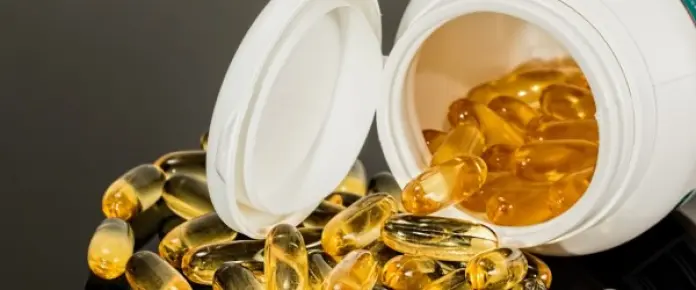By Jorge Llevat
On July 11 the Official Journal of the EU published Regulation (EU) 2019/933 of the European Parliament and of the Council of 20 May 2019 amending Regulation (EC) No 469/2009 concerning the supplementary protection certificate for medicinal products (SPCs), which will enter into force next July. As explained a year ago in a post on the proposal, the reform has been quite controversial, both among experts (some claim that providing a specific regime excluded and different from patent protection for SCPs—which are in essence patent extensions—violates the TRIPS agreement) and among Member States (Denmark, Sweden and the UK voted against the proposal). We refer in particular to the so-called Manufacturing Waiver. As stated in its preamble, the amendment aims to protect manufacturers of generics and biosimilars established in the Union, who are allegedly at a competitive disadvantage vis-à-vis makers outside the EU since they cannot manufacture generic and biosimilar medicines, even for storage or export, in the EU before the expiry of the relevant SPC. To this end, the following are excluded from the scope of protection of the SPCs: (i) the manufcture of a product, or a medicinal product containing that product, for the purpose of export to third countries; (ii) the manufacture of such product, within six months before the expiry of the SPC, for storage with a view to placing it on the market of Member States after that expiry; and (iii) any related acts strictly necessary for the manufacture in the two previous cases (e.g., possessing; offering to supply; supplying; importing; using or synthesizing an active ingredient). To prevent circumvention of the purpose of this exception (i.e., that the product thus manufactured may end up in the EU before the expiry of the SPC), the Regulation requires the manufacturer to inform the issuing authority and the certificate holder of its identity, the relevant SPC number, and for medicinal products to be exported to third countries, the reference number of the marketing authorization (or equivalent) in the third country. Products for export must have a logo indicating this purpose affixed to the outer packaging and, where feasible, to its immediate packaging. The manufacturer must also ensure that any third parties associated or performing acts covered by this exception are informed of the limitations resulting from the regulation—and in particular that the importation, marketing or re-importation of the product manufactured for export, or the marketing of a product intended for storage, may infringe the SPC. In short, whatever the assessment of the reform, this amend opens up a gap in the scope of protection afforded by SPCs—which will now differ from that of patents.
Don’t miss our content
Subscribe